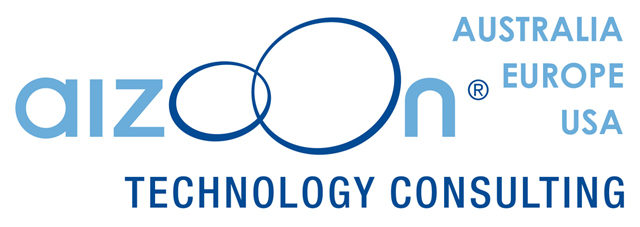This “Secure in Mind” podcast episode sees Nick Kelly and Roberto Capocelli have a very open, fairly high level discourse about the state of cyber security, surveillance, politics and economies throughout EU, emerging markets and beyond.
Indice degli argomenti
Less open warfare, and more open and constructive dialogue
I’ve known Roberto for some time now and always thoroughly enjoy our interactions as we agree and disagree yet always communicate openly. Roberto’s approach to discussing hard topics is exactly what the world needs – less open warfare on the right or left, and more open and constructive dialogue.
Roberto Capocelli is a journalist specialized in international relations and economics. He started out as a freelance reporter in 2002, traveling to the West Bank and Gaza during the Second Intifada uprising. Roberto has traveled and worked in several countries, including Egypt, Lebanon, the UK and Colombia, where he worked as a human rights officer for the NGO Peace Brigades International.
After this experience, he produced and filmed a documentary on gold mining in Colombia. In 2012, he worked as a political reporter covering Italian politics.
In the same year, Roberto received an award from the newspaper La Repubblica and was selected to attend the video journalism school, La Repubblica Academy. Additionally, in 2014 he worked as a public information officer for the United Nations in the Democratic Republic of Congo.
In 2015 he moved to New York City on a Fulbright scholarship. Roberto holds an MA in journalism from the City University of New York, a master’s degree in communication from the University of Rome La Sapienza, and a postgraduate specialization in criminology.
Info on our guest here or here.
Correction note
During the podcast, I incorrectly mused that the EU President was possibly board of director of a number of banks in Luxembourg. He was actually the Prime Minister of Luxembourg at the time when many of the country’s tax avoidance laws were put in place. Thus, when in 2014 as the President of the European Union he made the following comment “try to put some morality, some ethics, into the European tax landscape” is was a no-brainer for people to see a bit of a disconnect from diplomatic discourse to historical action. For further details, see here or here.
The Secure in Mind project
Our mission is to greatly increase and encourage community discussion about technological and ethical issues that have done, are and will impact society on a global scale.
There is a longstanding and distinct disconnect between the way information is packaged and presented to the public and the effectiveness of this presentation in terms of generating informed, considered debate.
If we can take complex, important topics and present them, as best we can, in a manner that can interests people from outside the speciality, then we have surpassed our expectations.
Nick Kelly Bio
Nick is someone who, in many senses, is just like you; a human being trying to make sense of this existence of ours as we hurtle around a ball of gas in a sea of infinite eternity. More relevant though are his vacillations in the world amongst diverse countries and environments
collaborating, negotiating, elaborating and celebrating with fascinating people from all walks of life including politics, technology, activism, military and intelligence the world over. He brings this unique breadth of perspective to the table and has a dogged interest in pursuing the human story behind the title or policy, appreciating the fact that underneath all of our bravado, political correctness and dichotomous states of creation and destruction, we are, after all, merely mortals trying to make the best of it.
Credits
The production cost of this episode of ‘Secure in Mind’ was supported by aizoOn Technology Consulting.
aizoOn is a global technology consulting company focused on innovation. The digital economy requires new visions, technologies and organisational models. We have taken the eco-system approach: innovation happens through a co-creation process involving government agencies, individuals, public and private entities.
What this boils down to is that we use data and brains to drastically increase efficiencies, reduce waste, consolidate technology security postures and train the next generation of the top tech force.
If you want to passively and effectively identify hackers in your network, require project management on your space programme or even need a chemical scientist to solve a supply chain issue in your bottling plant, give us a call!









































































